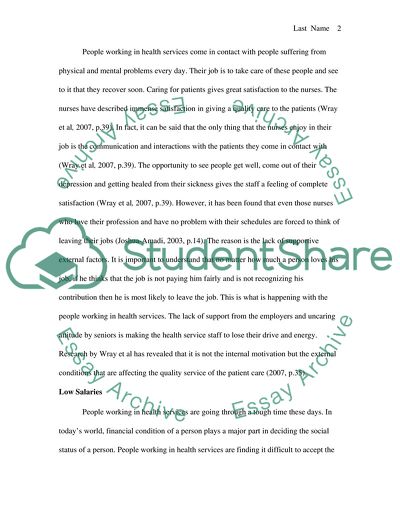Cite this document
(A Result of Human Motivation Dissertation Example | Topics and Well Written Essays - 3000 words, n.d.)
A Result of Human Motivation Dissertation Example | Topics and Well Written Essays - 3000 words. Retrieved from https://studentshare.org/human-resources/1739235-critically-analyse-the-statement-staff-morale-and-motivation-can-affect-the-quality-of-patient-care
A Result of Human Motivation Dissertation Example | Topics and Well Written Essays - 3000 words. Retrieved from https://studentshare.org/human-resources/1739235-critically-analyse-the-statement-staff-morale-and-motivation-can-affect-the-quality-of-patient-care
(A Result of Human Motivation Dissertation Example | Topics and Well Written Essays - 3000 Words)
A Result of Human Motivation Dissertation Example | Topics and Well Written Essays - 3000 Words. https://studentshare.org/human-resources/1739235-critically-analyse-the-statement-staff-morale-and-motivation-can-affect-the-quality-of-patient-care.
A Result of Human Motivation Dissertation Example | Topics and Well Written Essays - 3000 Words. https://studentshare.org/human-resources/1739235-critically-analyse-the-statement-staff-morale-and-motivation-can-affect-the-quality-of-patient-care.
“A Result of Human Motivation Dissertation Example | Topics and Well Written Essays - 3000 Words”, n.d. https://studentshare.org/human-resources/1739235-critically-analyse-the-statement-staff-morale-and-motivation-can-affect-the-quality-of-patient-care.


